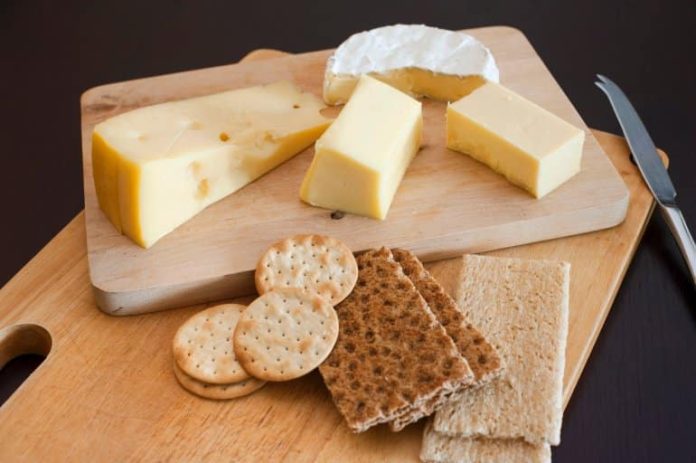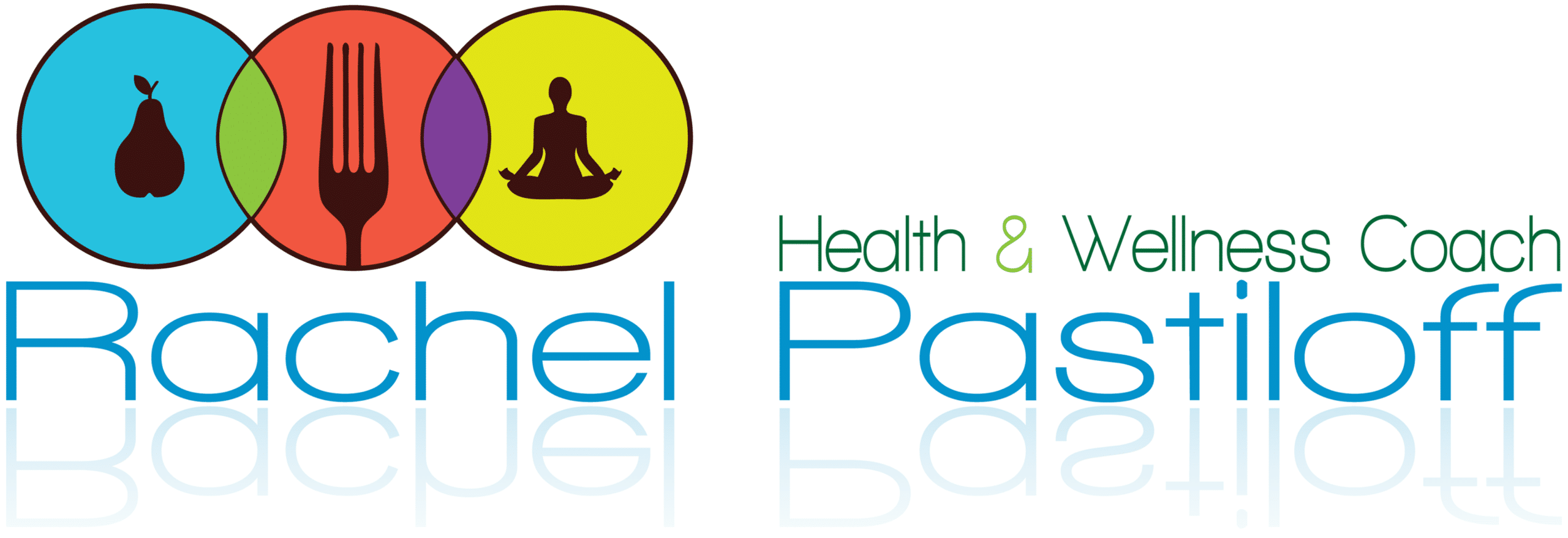By Dylan Landis.
Food Could Kill My Mother, But I Respected Her Choice to Eat
If my mother ate, she could die.
She could choke from laryngeal spasm, her doctor said, or, more likely, liquid and food particles would slip down her tracheostomy tube to her lungs and cause a fatal aspirational pneumonia. She was N.P.O., nil per os, nothing by mouth. Even a glass of water could kill her.
But my mother, Erica, wanted everything by mouth: she refused to refuse food. She snuck scraps off my father’s plate at their Sleepy Hollow, NY, apartment: cornbread, pasta, cake. “Without food,” she said, “there is no pleasure in my life.” She hated her new appendages: the blue tube jutting from her throat, from which a nurse suctioned phlegm with a noisy machine, and a stomach tube, thin and flexible as a tail, that hooked up to a feeding pump.
It didn’t take long for her to get dangerously sick. I thought she might die—but she came home from the hospital asking, daily, “When can I eat?” Soon, I would say, lying. When you stop coughing. She’d never stop. When you pass the swallowing test. She’d never pass. They gave her sips of water and she choked. Her hands lay still in her lap when she asked me about food. Because my father, too, was in a wheelchair, only I had the ability to make her a cup of coffee, a half cup, even a quarter cup, in one of her delicate porcelain mugs adorned with birds. I felt guilty, not like a daughter but a parent. Her own mother had been tyrannical; she didn’t need that from me. When my mother was a girl, anything she refused to eat would appear at the next meal, and the next, and the next. Her mother always won.
Yet somehow she grew up to adore good food.
“I want you to live,” I said.
Depressed, my mother gave away her cookbook collection. It was like watching her cut herself. “I’m not enjoying anything,” she said darkly.
Perhaps half a year into the struggle, I began to wonder why I was standing in her way. She was the mother; she was eighty-six. Yet she was in a wheelchair, and only I could reach the food in the cabinets, which gave me the power—power she craved, power I didn’t want. I refuse to be treated like I’m back in boarding school, my mother said one day, and I thought about her own mother’s capacity for cruelty, and thought, Then we mustn’t treat you that way.
I didn’t follow her every wish. Instead, I carefully portioned out soft foods, less risky than crumbly ones. Slivers of Hershey bars. Bits of pumpkin pie. A petite portion of jambalaya from Popeye’s, picked up on my drive from New York City. When she coughed and choked, I watched in fear, rubbed her back. But I felt obliged to honor her right to live as she wished.
One Sunday my father, my husband and I took my mother to a restaurant. We entered Chiboust, in Tarrytown, like hospital escapees: my mother in her wheelchair, my father in his, my mother’s nurse, my husband, and me.
Chiboust was wood-paneled, serene, the tables beautifully dressed. We rolled the wheelchairs to our table. My mother’s nurse pulled a small purple plastic cap from her pocket and twisted it onto my mother’s trach tube. The cap stopped air from wheezing through, and let my mother speak.
“I’ll have a cheeseburger,” my mother said, “with a cup of coffee.”
“Off the bun,” I told the waitress. Crumbs were hazardous.
“Stinker,” said my mother, looking at me with glittering blue eyes.
My father lived to make her happy. He put a roll on her plate.
My mother ate with enthusiasm. She finished her fries, looked at her empty plate in wonder, and coughed uncontrollably. Diners stared at us. “Delicious,” my mother finally rasped, and gave me a brilliant smile. The spasm caught her again. The nurse rubbed her back till it passed. “Let’s go home and do a treatment,” she said soothingly. “We’ll get the check.”
“The hell we will,” my mother croaked. “I haven’t had dessert.”
A few weeks later she got aspiration pneumonia again. When she got home from the hospital she had no memory of being there.
“If I can’t eat,” she threatened, “I’m going to refuse the feeding tube.”
Frightened of losing her, I began bringing flowers on my visits instead of food. She drooped with depression. Our struggle worsened. Sometimes, to be respectful, I gave in to her demands.
Six months after my mother’s death, I keep my tomatoes in her latticed white bowl, drink my coffee from her porcelain mugs. I wear her wedding ring on a chain (my husband wears my father’s). Here is my guilt: not that I let my mother eat, but that I didn’t feed her better. I wish we’d sat in more French restaurants. I wish I’d brought good wine. I wish her pleasure had been my passion. I wish I had only said yes.
Dylan Landis is the author of a novel, Rainey Royal, a New York Times Editors’ Choice, and a collection of linked stories, Normal People Don’t Live Like This, which made Newsday‘s list of Top Ten Books of 2009. Her work has appeared in Tin House, Bomb, Harper’s Magazine, More and the 2014 O. Henry Prize Stories. She lives with her husband in New York City, and teaches privately.


*photo credit: freefoodphotos.com



I can relate to this story. My mother has Type 2 diabetes, so there have been discussions, many heated, about her eating habits & dietary changes that need to be made. She also spent most of the past year suffering from a serious antibiotic resistant infection. There were multiple hospital stays. I thought that she was dying right in front of me when she was brought into & I met her in the ER of the hospital that I work at as a secretary. She was violently ill, pail, & I could see the look in her eyes that she knew she was powerless in that moment & was succumbing to something larger than herself. I felt like I was floating above the room, like it wasn’t really happening. When things got really scary & I wanted to enter full-screaming panic mode for someone to help her…to do something, I realized that it would not help anyone & would only upset her more. I slipped into a parental role for her myself. Giving direction to relatives, overseeing her care, asking questions of Dr.’s & staff.
A year has gone by….I have tried to help her to advocate for her own care. She is fairly young, at 66. She changed Dr.’s at my request. Her primary care physician was less than adequate at showing compassion or interest in his patients’ well being & health. She has finally recently received the proper antibiotic treatment that I told her about a year ago that I saw online. I guess better late than never…at least in this situation…where late wasn’t too late. But I have learned that I can only say & contribute so much, before she feels like I have crossed some sort of invisible line. I am learning to step back a bit…but not completely, as I have done in the past. She wants to know that I care. It is a tedious dance.
And as far as the Diabetes….I KNOW that she has to watch what she eats & avoid sugar & carbs & really processed foods. BUT…I can only do or say so much before I get ‘The Look’ or the exhale of exasperation…just like your mother, she also loves good food & it brings her joy…so I have to make my peace with the whole thing & just enjoy the moments we have.
She is doing well now…she is feeling more & more like her ‘old self’, & I just have to be glad about that, right now. I can’t worry about what will happen down the road, or how a piece of cake is going to make me have to care for her a week, a month, or a year sooner than if she hadn’t eaten it. There will be complications down the road…that is a fact of life…be it from Diabetes, or if she were to decline naturally. I am making my peace with it.
Thank you for this article….It helped to give me some perspective. And I am sorry for your mother’s passing.